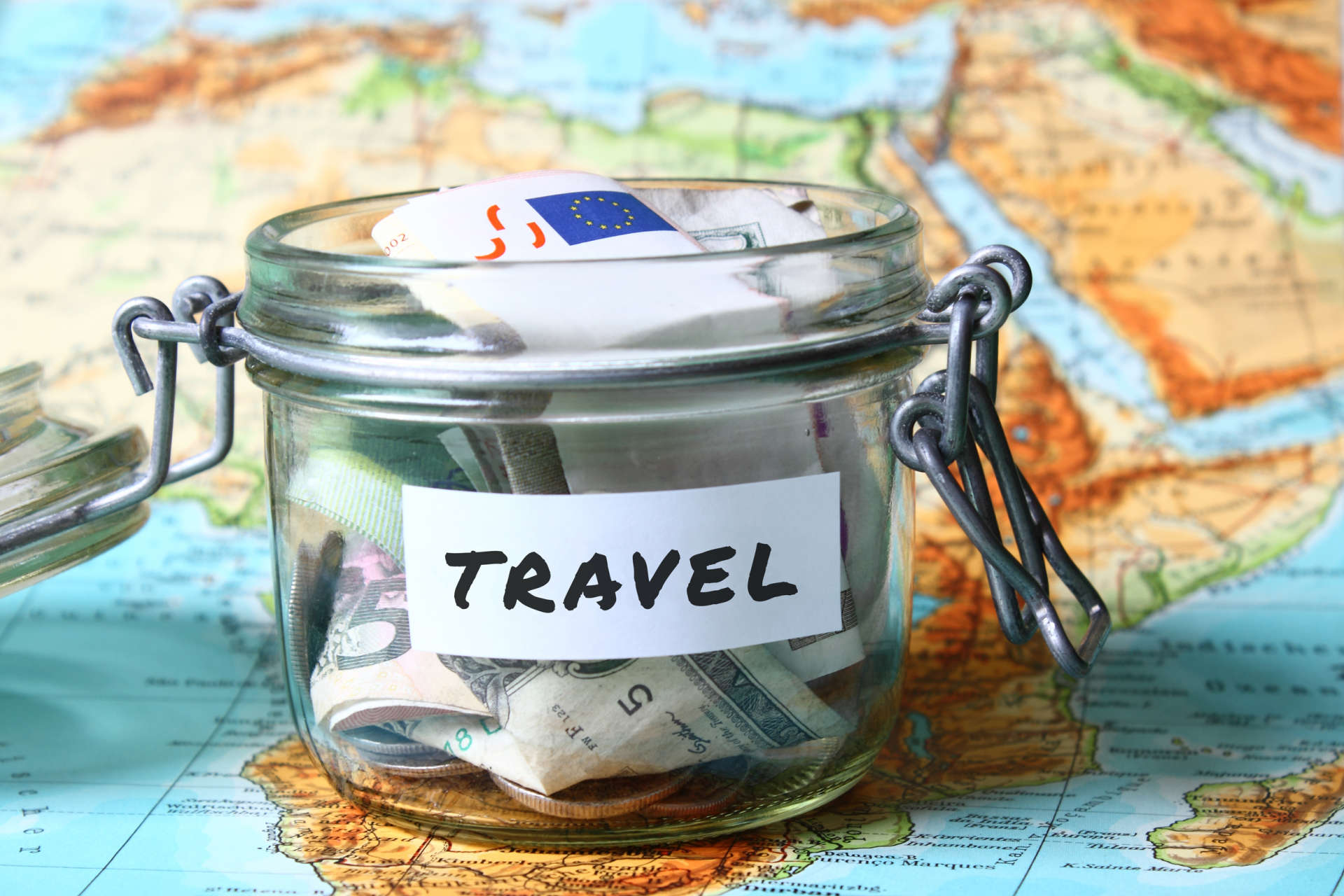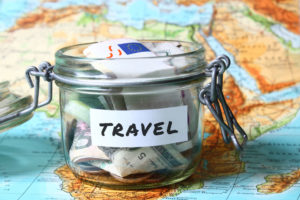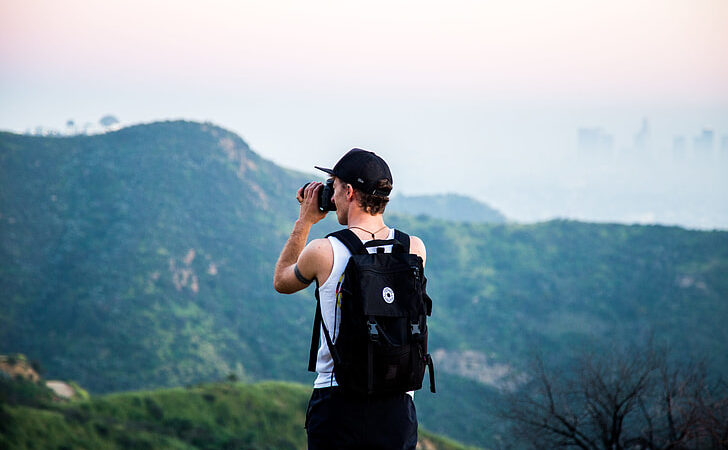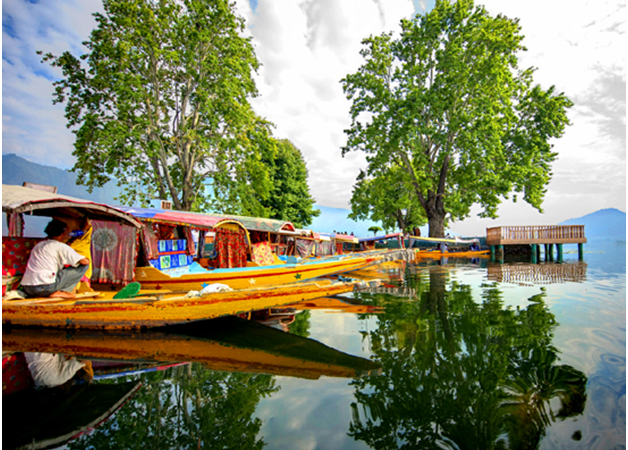4 Ways to Realistically Create a Travel Budget

“Traveling is like flirting with life. It is like saying, “I would stay and love you, but I have to go; this is my station.” -Lisa St. Aubin de Teran
It has been said that the best way to genuinely enjoy your travel excursions, one should inject spontaneity in it–so much so that you disregard travel itineraries and road maps and just let your heart and yourself lead the way.
While there is so much glamour in the prospect, it is quite unrealistic. A degree of predictability and planning are required if you truly wish to make the most out of your getaway. In this regard, you ought to have a travel budget in mind so as to ensure that you do not go broke midway on your trip and skip tours or even meals simply because you have depleted your travel finances. While you cannot accurately plan for every travel expense and aspect prior to leaving, you should at least have a good idea on how much you ought to bring. After all, looking at an extensive credit card bill after an enjoyable trip is a prospect that would certainly put a pall on one’s holiday. If you are traveling on a limited budget, you can always make certain concessions such as staying in AirBnB offerings such as a rockwell condo instead of five star hotels. Furthermore, you can also plan where you should be dining instead of outright eating meals from restaurants.

To illustrate how a travel budget is created, take a gander at some of the tips below:
1.) Research what other travelers have spent
Much like how you research for the places other travelers have been to, you should also research what kind of budget they had and what they have spent it on. Regardless of how long or short your trip might be, it pays to know what you will be potentially spending for by knowing what previous tourists have spent their money on. Do not simply take a look at their expenses, know how they travel. You might be surprised to discover a travel blog that details an entire excursion that is just a little under your budget. Look at what activities they did and try to see if their itinerary is something you wish to emulate. Know where they stayed, what they ate, how they traveled from one point to another and most importantly, what tours they availed of if any. All of these will play a pivotal factor as to how you create your own budget.
2.) Research transportation and accommodation costs
More often than not, a significant portion of your budget should be dedicated to your accomodation bookings and transportation. With this in mind, it is best to have an idea how much you would be spending months prior to your scheduled trip so as to start saving for it as soon as possible. Know how much the flights costs, how much your projected expense for travel would be and how much your accommodation would be.
3.) Budget for activities
Making a budget for activities can be a bit of a challenge as handlers of these tend to price their activities depending on the season. On peak seasons, they tend to price these activities a little higher which means you would have to learn the skill of haggling. In any case, try to read on some travel blogs and guides of the places you wish to visit to. Chances are, they would include not only the projected expenses you will be spending for the tours and activities but the contact person as well. Before arriving at your destination, be sure to contact the contact person listed and see if you can agree on a price for the tours or activities beforehand.
4.) Budget for food
Food budgeting while traveling can vary depending on where you want to go and where you wish to eat. Naturally, your food expenses would be mitigated if you cooked your own meals in the kitchen of your own hostels and apartments. Do some prior research before deciding which restaurants to try out as chances are, food prices greatly vary depending on the destination you are visiting. If you wish to visit bars and clubs, make sure to account for the alcohol. It might not seem like a lot and can be easily overlooked, but these can easily add up.
After you have created your budget, make sure to track your expenses to see how well your travel budget is working out for you. It also allows you to cut back whenever necessary. Moreover, it is best to bring more money than you need by rounding up your travel estimate.
- Unlocking the Secrets: How to Become a Successful YouTuber - March 17, 2024
- Unlocking the Power of Home Loan Calculators: A Comprehensive Guide - March 9, 2024
- Understanding Dementia: A Comprehensive Guide - March 7, 2024






